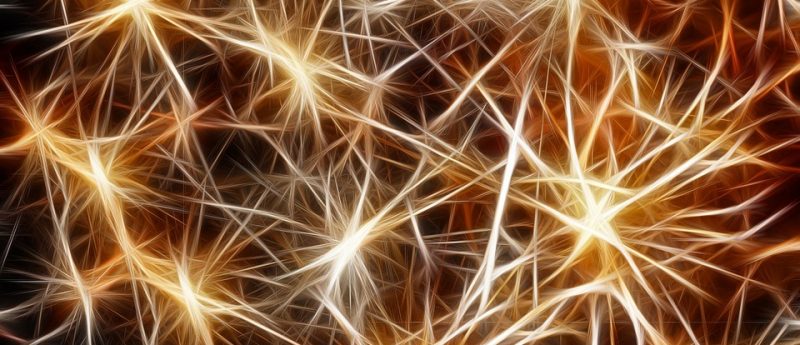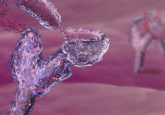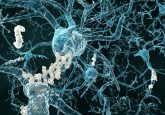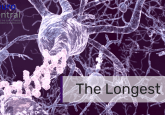Immune-brain relationships: new paradigms in searching for treatments for neurodegenerative disease?

For decades, it was believed that due to its unique structure, the brain functions best as an autonomous tissue behind barriers, equipped with mechanisms of homeostasis and repair. Since immune cells are the body’s champions of repair, it was assumed that the brain-resident innate immune cells, the microglia, mediate this function. The microglia enter the CNS during early development [1], and their maturation occurs step-wise, in synchrony with the needs of the developing brain [2]. Yet, most of the body’s other tissues, while containing resident immune cells, require additional systemic immune support for their repair. In contrast, it was believed...





